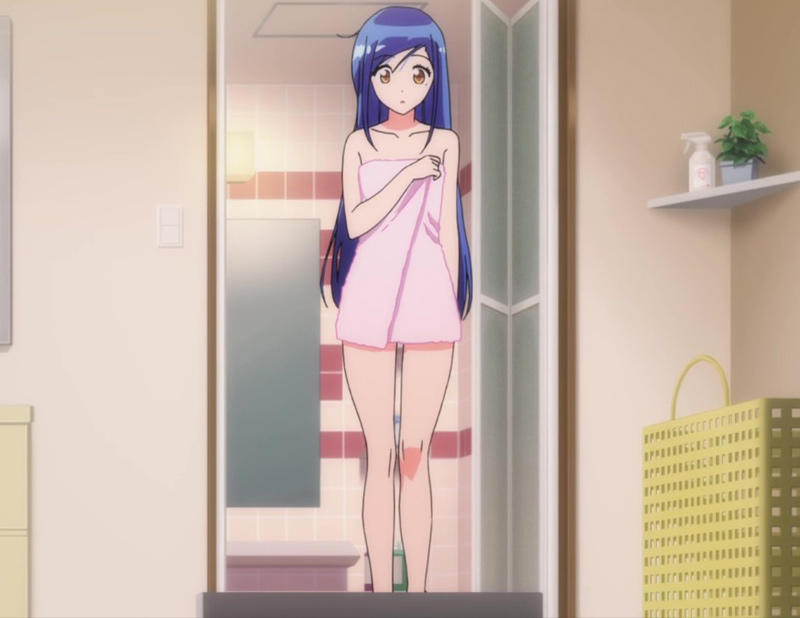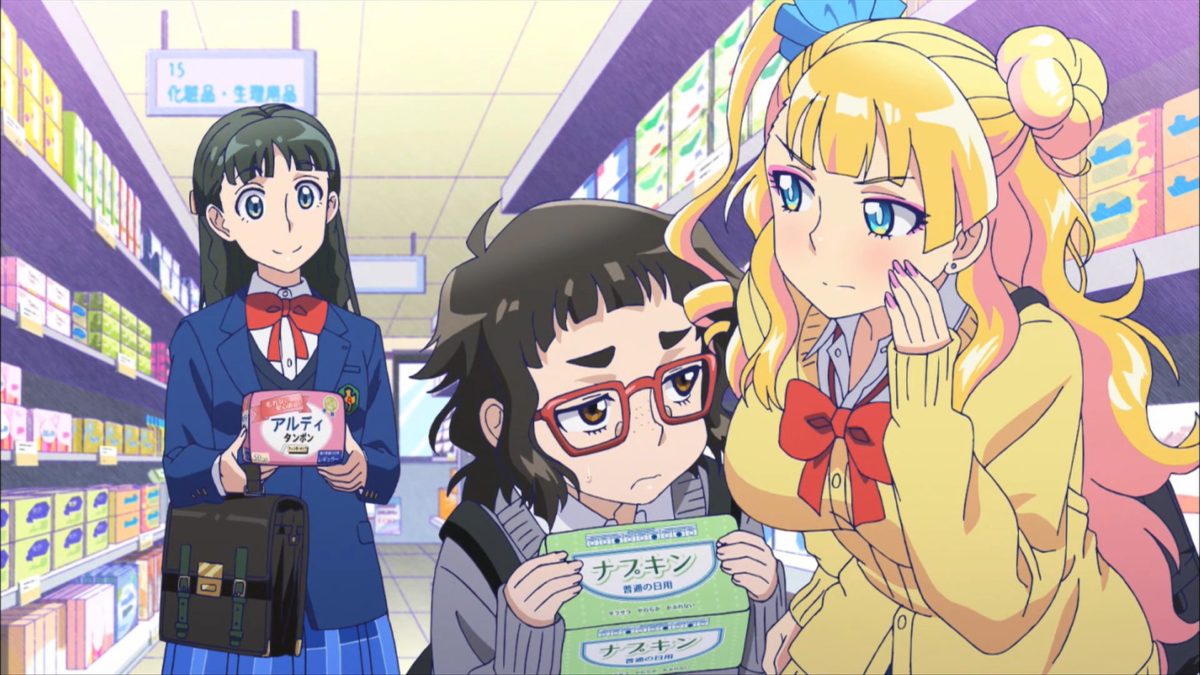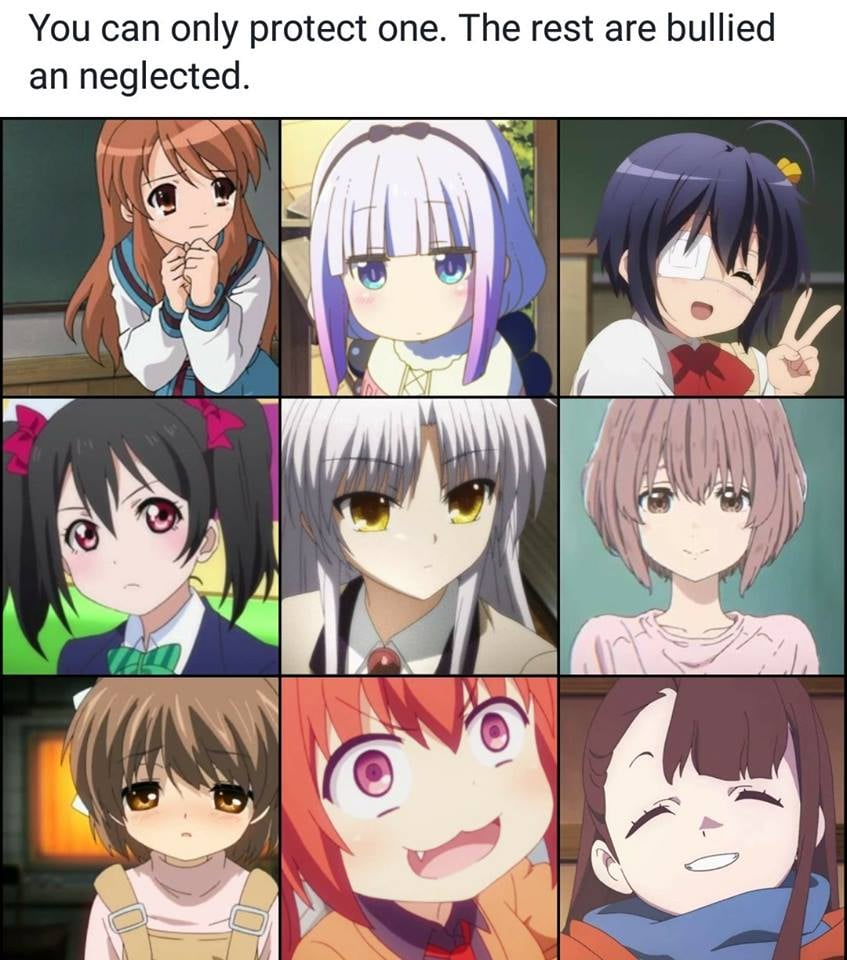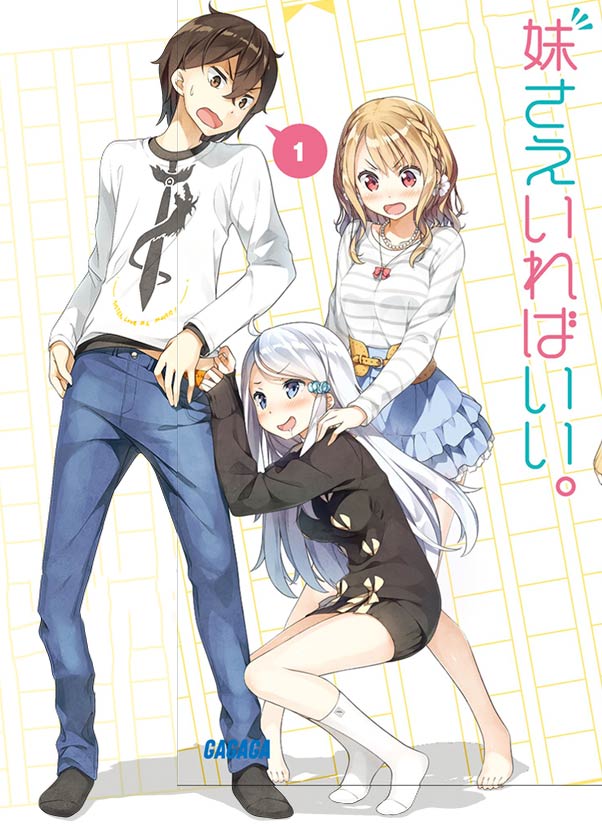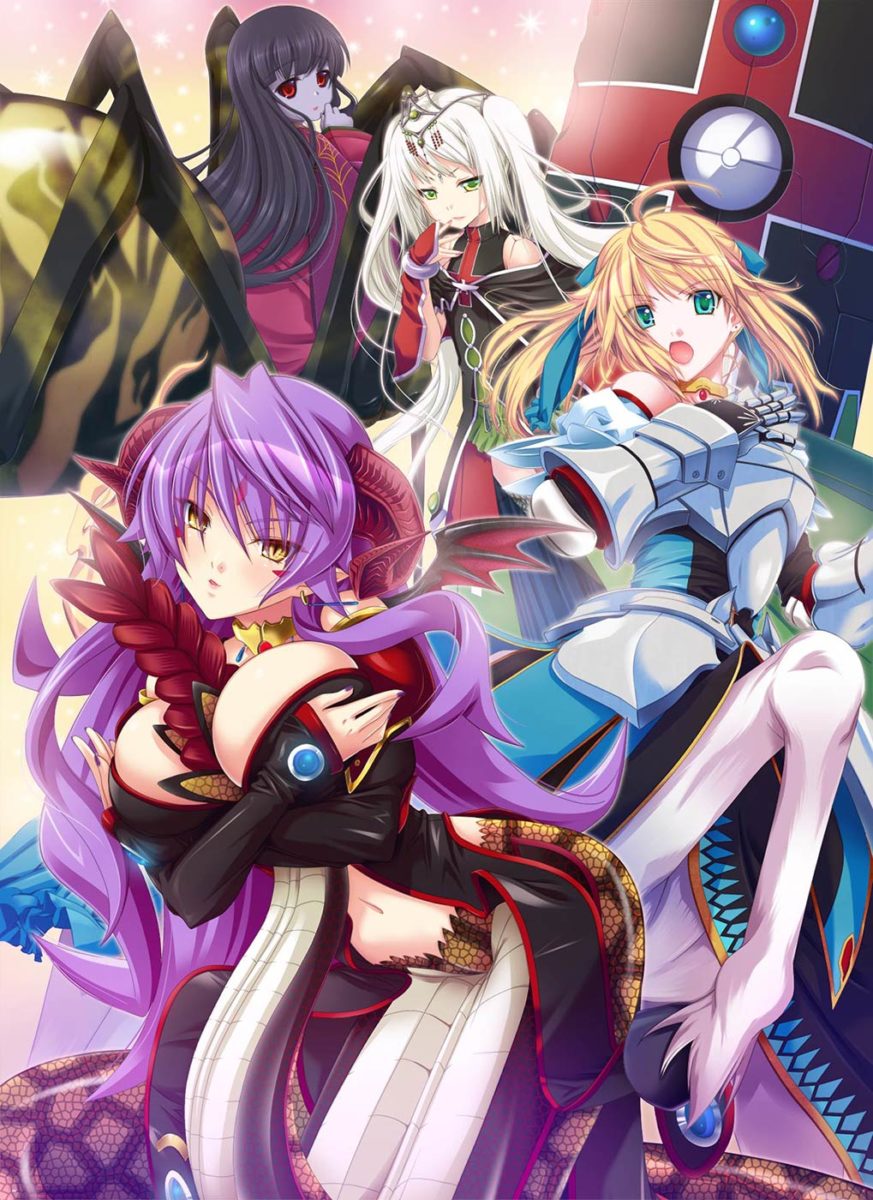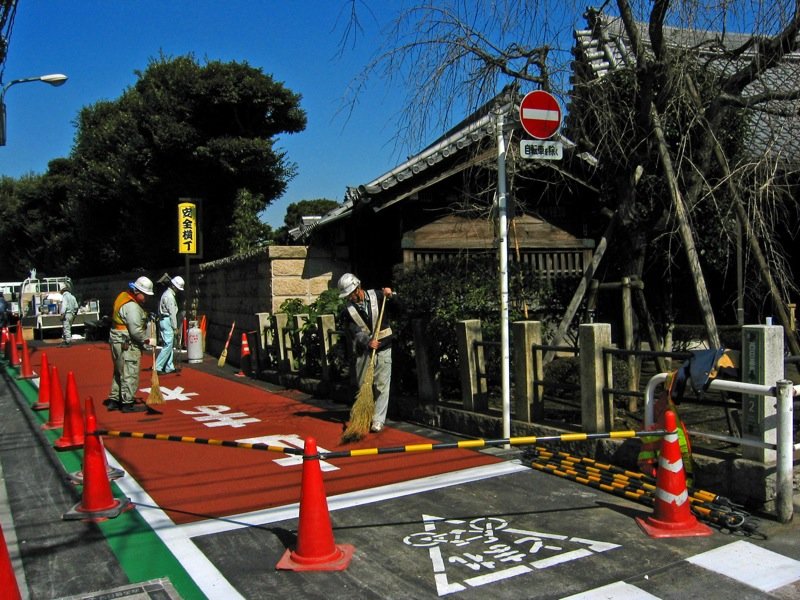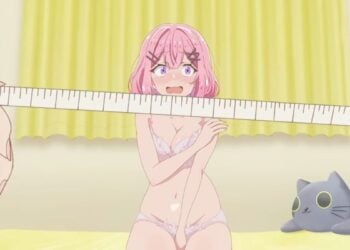You probably don’t think about Douglass MacArthur very much, but to the Japanese, he’s quite a figure. As Supreme Commander of the Allied Forces in the Pacific, he battled the Japanese throughout the region, and his was the hand that officially received the surrender on the USS Missouri, ending the war. But to the Japanese, it was in the postwar period that MacArthur did great things, guiding the rebuilding of Japan as a “kind and loving father” to the nation, not entirely different from the Founding Fathers of the Meiji Restoration 78 years before. He brought in many democratic reforms, writing a new anti-war constitution. He broke up the zaibatsu conglomerates and redistributed five million acres of land to individual farmers, which no doubt helped contribute to Japan’s healthy middle class today. More than anything, I think that MacArthur knew the importance of not “stepping on the face” of the Japanese, to borrow a phrase from their language. They were defeated, but the General took care to protect the Imperial Family from responsibility for the war, which was an important symbol to the people. I can find no evidence of “Abu Ghraib” like events during the Occupation, possibly thanks to the policy of choosing soldiers who had not fought in the Pacific theater, and thus had no special grudges. A lot of the plans he implemented were undone after the Occupation ended, such as the ban on all forms of martial arts and Kabuki plays, but the important changes stuck. The generation growing up after the war ended has the most reverence for the man. When I asked my wife’s mother what her impression of him was, she practically gushed. “It’s because of MacArthur that Japan is here today.”
Weight in Japan: Can Anime Girls Get Fat?
One aspect of Japan is that their people are significantly thinner than most other countries, especially the United States. Just...



